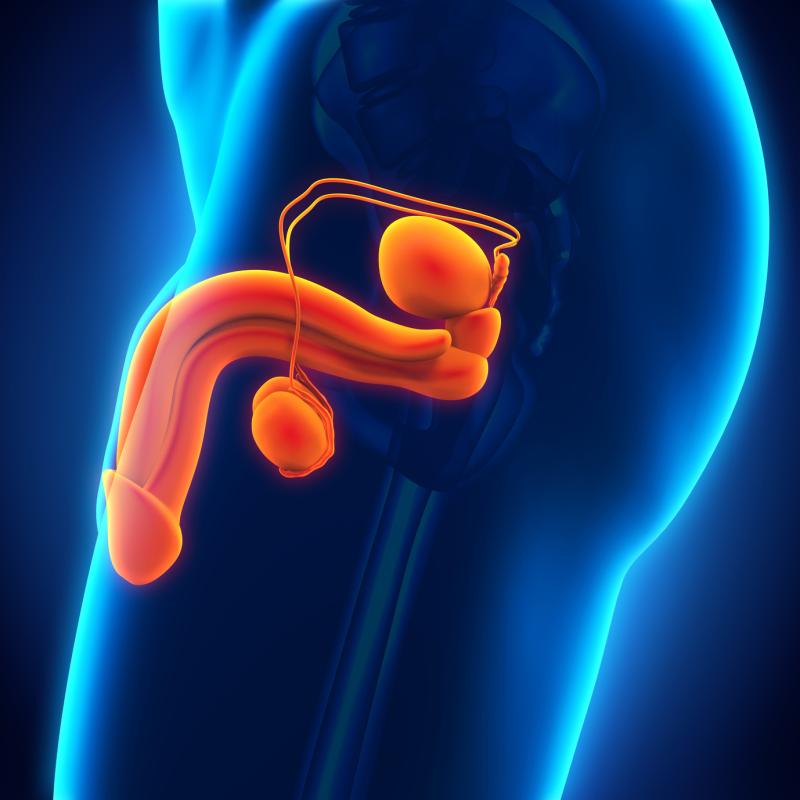Benign Prostate Enlargement
The prostate is part of the male reproductive system and is located just below the urinary tract. Approximately the size of a walnut benign prostate enlargementIt produces part of the seminal fluid (the fluid through which sperm is transported). A healthy functioning is associated with the balanced growth of the prostate located around the urethra.
What is Benign Prostate?
Benign prostatic hypertrophy occurs as a result of the enlargement of the prostate gland in men. It is a common health problem. This occurs when the inside of the gland grows and compresses the urethra. Benign prostate enlargement , usually refers to a non-cancerous growth. It is also often called benign hyperplasia.

Why is Holep Treatment Applied?
Benign prostatic hyperplasia, urinary tract symptoms occur due to an enlarged prostate. Holep treatment is a surgical procedure used to treat symptoms. It is a condition frequently seen in men with aging. This situation benign prostate enlargement It causes urinary problems because it blocks the flow of urine.
HOLEP treatment is performed using holmium laser technology. It has many advantages over other surgical methods such as resection, which are more invasive. These advantages include less blood loss, less pain, faster recovery time and shorter hospital stay.
Symptoms of Benign Prostate Enlargement
Feeling the need to urinate more frequently than several times a day. Difficulty urinating, weak urine stream and pauses. Feeling of not being able to empty urine completely, urine remaining in the bladder. Frequent need to urinate at night. Leakage of urine at undesirable moments. Recurrent urinary tract infections. The formation of bladder stones as a result of urine waiting in the bladder for a long time.
Causes of Benign Prostate Enlargement?

It becomes more common with age. Especially after the age of 40 benign prostate enlargement begins to appear frequently. With age, cellular growth and hyperplasia (multicellular growth) of the prostate gland become more frequent. Hormonal factors are believed to play a role in its development. Prostate growth may occur faster, especially during periods when the testosterone hormone is active.
Family history may also increase this risk. This condition tends to occur more frequently in people with a family history of prostate problems. An imbalance of testosterone and other hormones can contribute to the enlargement of the prostate gland. Some studies suggest that high red meat consumption and low fruit and vegetable consumption may increase the risk.
However, this topic is still considered an area requiring further research. An important point to remember is that benign prostatic hyperplasia is not the same as cancer. The two situations are different and benign prostate enlargement It is not a symptom of prostate cancer. However, the risk of both conditions increases with age. It may cause similar symptoms. You can visit our website for detailed information. If you wish, you can also contact us via the contact number.






